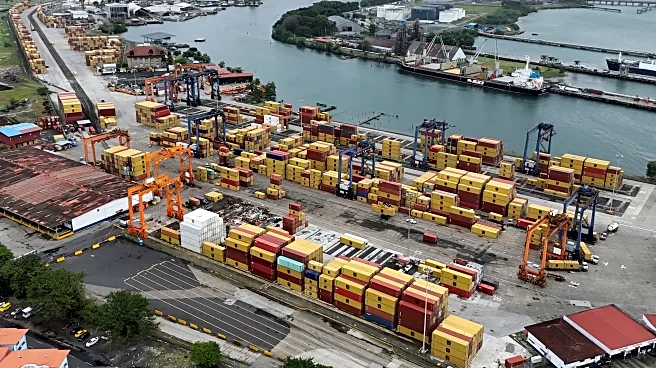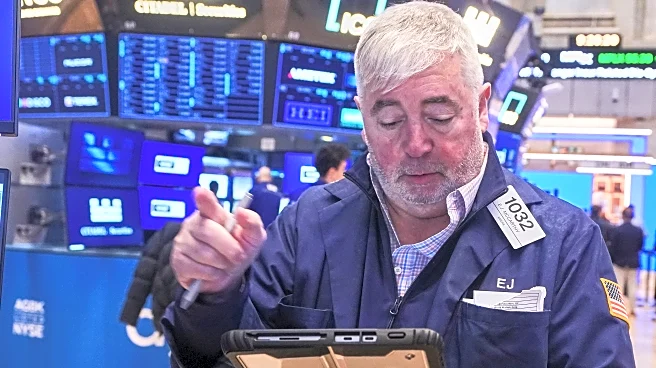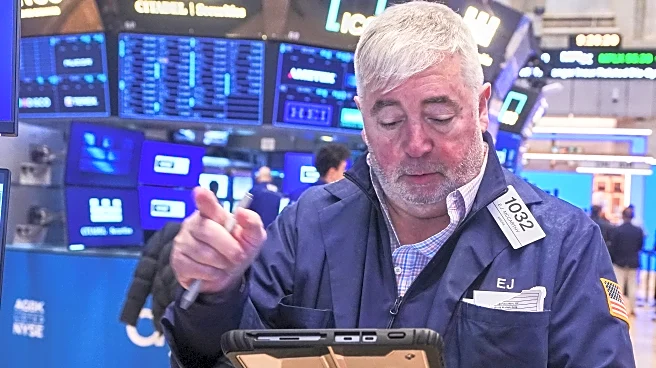What's Happening?
British grocery retailer Waitrose is among the first five organizations globally to pilot new science-based targets for ocean conservation in seafood supply chains. The initiative, announced by the Science-Based Targets Network (SBTN) during Climate Action Week in New York, aims to develop verified ocean science-based targets for the seafood sector. Waitrose plans to source 100% of its own-brand fish and shellfish from third-party verified responsible sources by the end of 2025. The pilot includes other organizations such as the Danish Pelagic Producers Organisation and Orkla Foods Sweden, focusing on sustainable seafood practices.
Why It's Important?
The pilot represents a significant step towards sustainable seafood practices, addressing the environmental impact of seafood supply chains. By setting science-based targets, Waitrose and other participating organizations aim to reduce their ecological footprint and promote responsible sourcing. This initiative aligns with broader efforts to conserve marine ecosystems and mitigate the effects of overfishing and habitat destruction. The move could influence industry standards and encourage other companies to adopt similar practices, contributing to global efforts to protect ocean biodiversity.
What's Next?
The SBTN plans to expand its efforts by launching an 'accelerated pathways' platform to help businesses set science-based targets for nature. This platform will allow companies to conduct targeted assessments in areas with significant nature-related impacts. The initiative may lead to increased collaboration among businesses, policymakers, and environmental groups to develop comprehensive strategies for ocean conservation. As more companies join the pilot, the seafood industry could see a shift towards more sustainable practices, potentially influencing consumer preferences and regulatory policies.
Beyond the Headlines
The pilot raises important ethical considerations regarding the responsibility of businesses to protect natural resources and promote sustainability. It highlights the growing demand for transparency and accountability in supply chains, as consumers increasingly prioritize environmental stewardship. The initiative may also prompt discussions on the role of science-based targets in driving meaningful change and the need for collaborative efforts to address complex environmental challenges.









